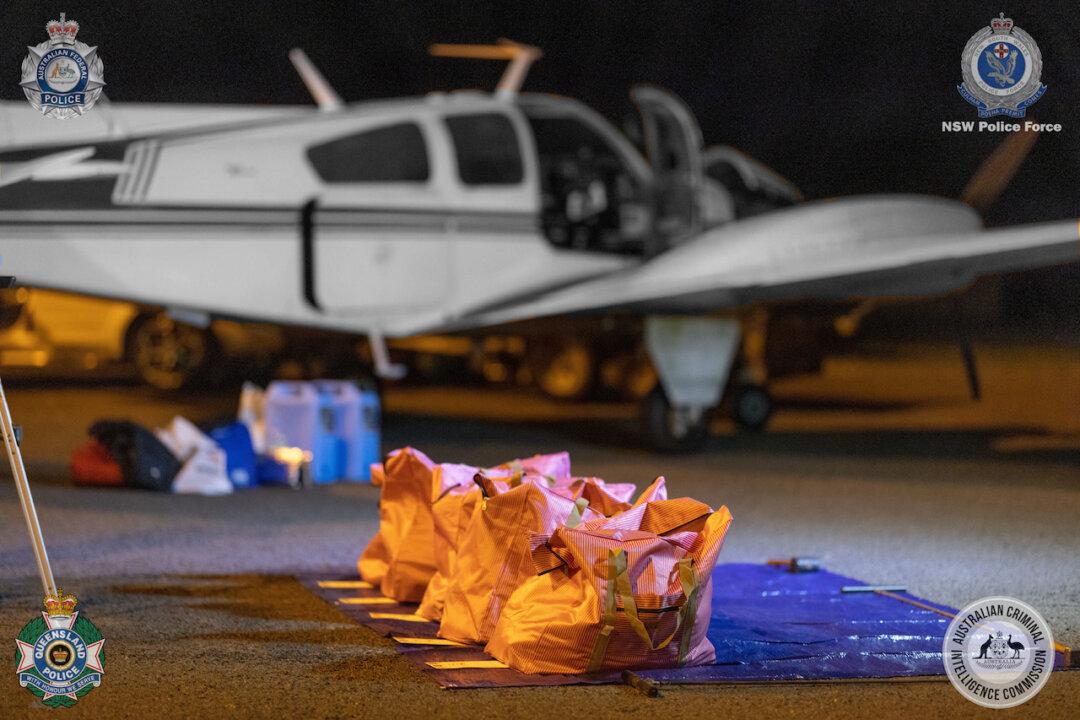The Chinese-born owner of an international economic empire based out of Papua New Guinea (PNG) was arrested in the Australian city of Brisbane last month for allegedly facilitating a “black flight” that smuggled 71.5 kilograms of methamphetamine—worth $15 million—from a remote hillside airstrip in PNG to Australia.
The Australian Broadcasting Corporation reported Feb. 19 that 41-year-old Mei Lin sees herself as “a suburban mum juggling care of her four children, while overseeing a major international business empire encompassing everything from import and export to a Brisbane pet motel.” However, according to media reports, police believe she plays a central role in a transnational crime syndicate involved in black flight drug smuggling.





